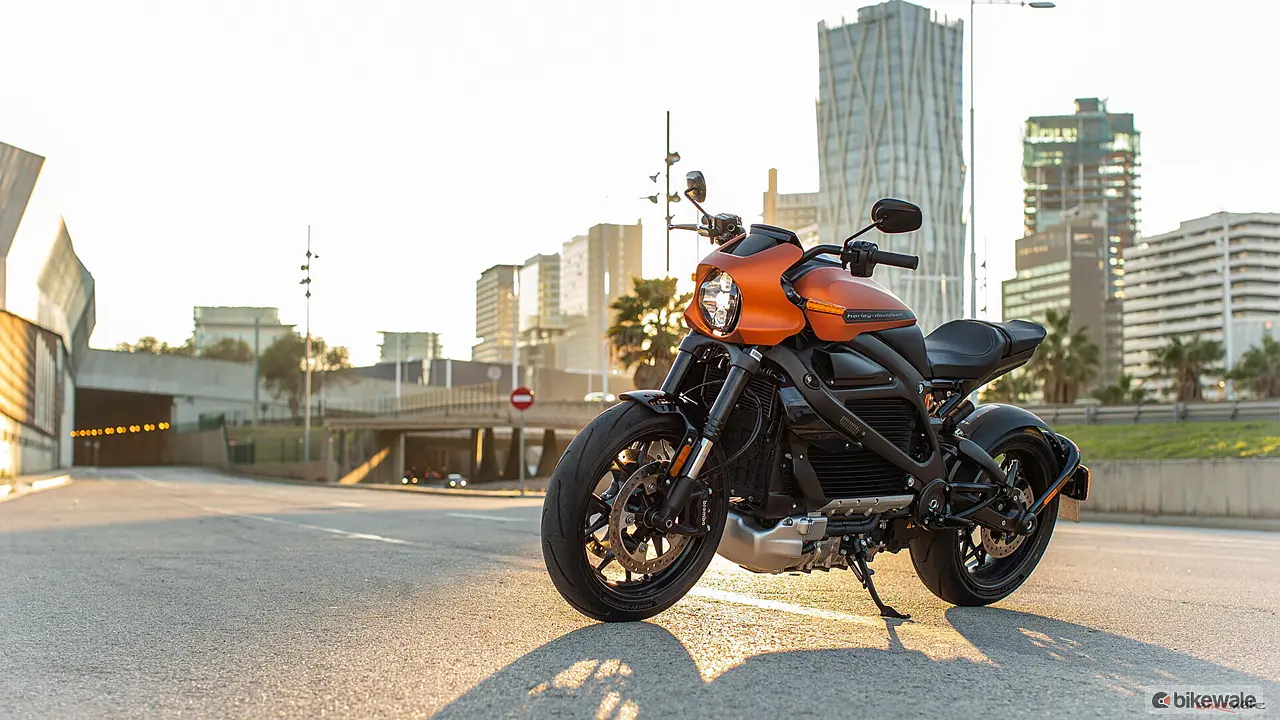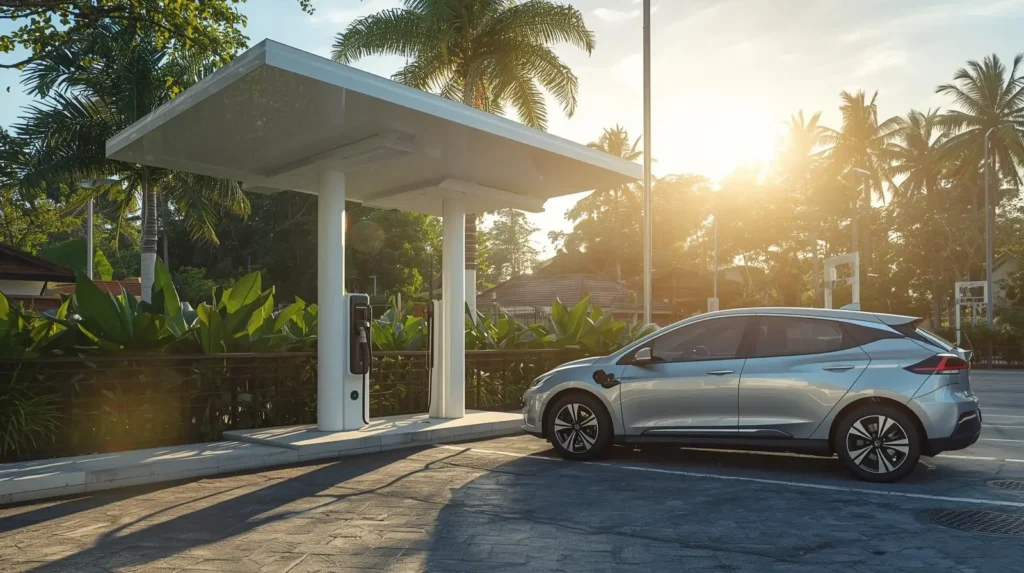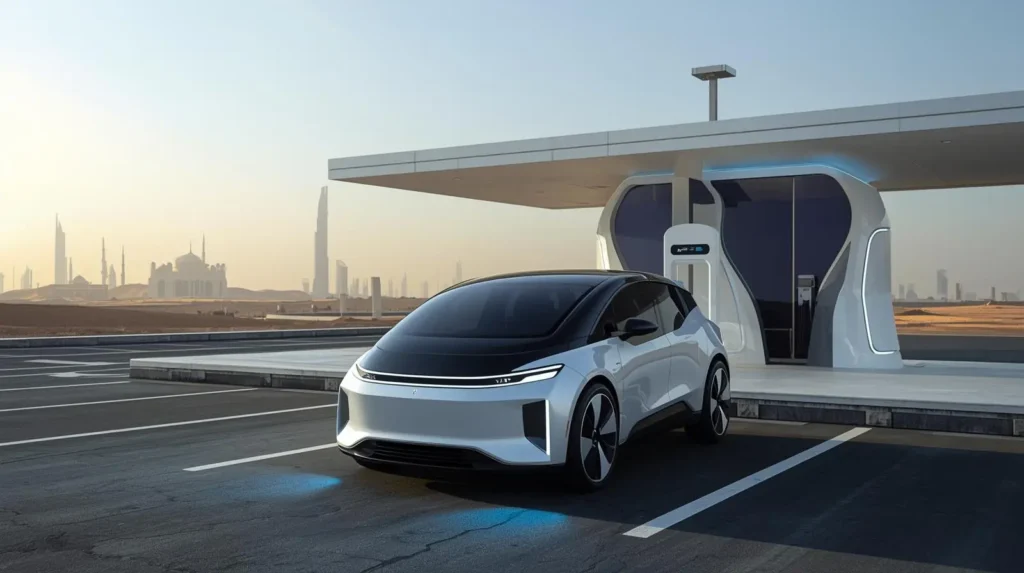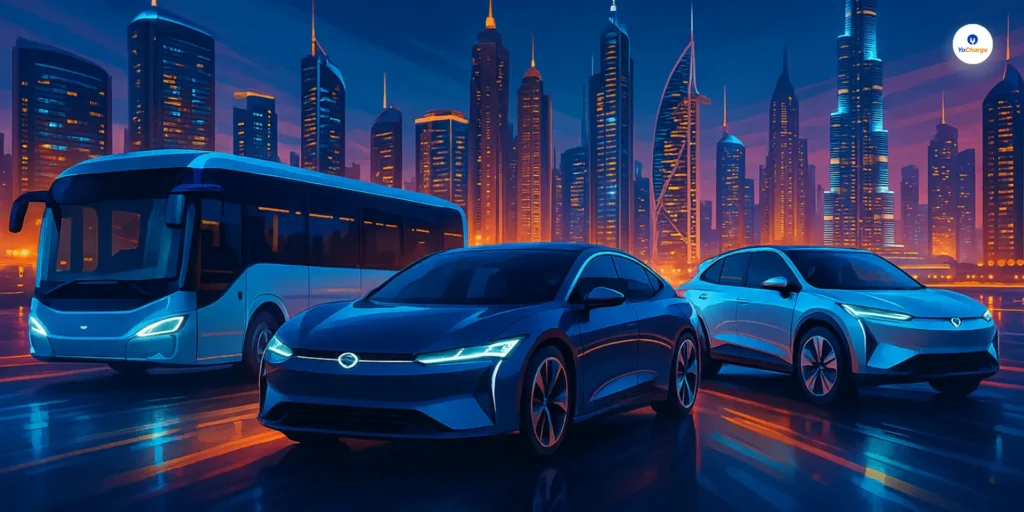The iconic motorcycle maker Harley-Davidson is undergoing a transition that will eventually make it an all-electric brand. Jochen Zeitz, the CEO and chairman of the renowned US automaker, told that the business will eventually produce only electric motorcycles. It did not, however, specify when this change would take place. However, taking into account the shifts the brand has seen in recent years, it can be concluded that Harley-Davidson is gradually but surely electrifying itself.

Harley-Davidson to go all-electric in future
The chairman and CEO of Harley-Davidson stated that the business is currently transitioning to go entirely electric at some time in the future. “Harley Davidson will eventually be entirely electric. But there must be a long-term transition in place. You can’t just do it overnight.” said Zeitz. He emphasized that this shift will take time, though. Additionally, he did not specify a target year.
Harley has gradually but progressively increased its product electrification initiatives over the last few years. After years of development, the company’s first production model was the LiveWire. The Harley-Davidson LiveWire received favorable customer reviews despite its expensive price. However, the company was unable to record a large sales volume for this model due to the expensive price.
The LiveWire is a Harley-Davidson subsidiary that specializes in electric motorcycles. The brand’s first model to have a $21.999 price tag was the Live Wire ONE, and the S2 Del Mar is the model that will follow. The S2 models are Harley-electric Davidson’s middleweight motorcycles, and the brand is also working with Kymco to create $3 lightweight motorcycles.
After that, Harley-Davidson is considering launching a S4 electric line that would concentrate on heavy electric motorcycles models. This would be comparable to the internal combustion engine-powered Harley Davidson models that have been the company’s mainstay for more than a century.
Toyota working on a new dedicated electric car platform
According to reports, Toyota Motor Corporation is developing an all-electric vehicle platform that would improve the efficiency and competitiveness of the automaker’s upcoming electric vehicles. Additionally, this new EV platform will lower production costs for the brand’s upcoming electric vehicles. Toyota made this choice as part of its plan to begin mass producing electric vehicles because it predicts a sharp spike in consumer demand for pure electric vehicles during the sharp rise in gasoline prices.
Koji Sato, president of Lexus, took over as the group’s CEO after Akio Toyoda resigned. This may signal a paradigm shift at Toyota, which has led the way in creating cleaner engine technology but has lagged behind in the development of fully electric powertrains, mostly due to Toyoda’s disinterest in pure electric vehicles.
The Japanese auto giant would be in direct rivalry with Tesla, the leader in the EV market, as a result of this plan, which calls for the development of a new dedicated EV platform and an increased focus on pure electric vehicles. Toyota’s first high-volume all-electric production vehicle, the bZ4X SUV, is constructed on the company’s TNGA modular ICE platform rather than an EV-only one. Toyota initially planned to use the same e-TNGA platform for its other upcoming electric cars but later changed its mind.
One explanation for this can be that the e-TNGA architecture has many traits in common with its TNGA version used in gasoline or hybrid vehicles, making it a complicated-looking platform with components that are totally unnecessary for electric vehicles. Toyota’s electric cars end up costing more to produce as a result. T he manufacturer intended to reduce that cost by developing a straightforward and EV-only architecture, similar to what Tesla does. The future EV platform might resemble a skateboard and be perfect for building electric vehicles.



